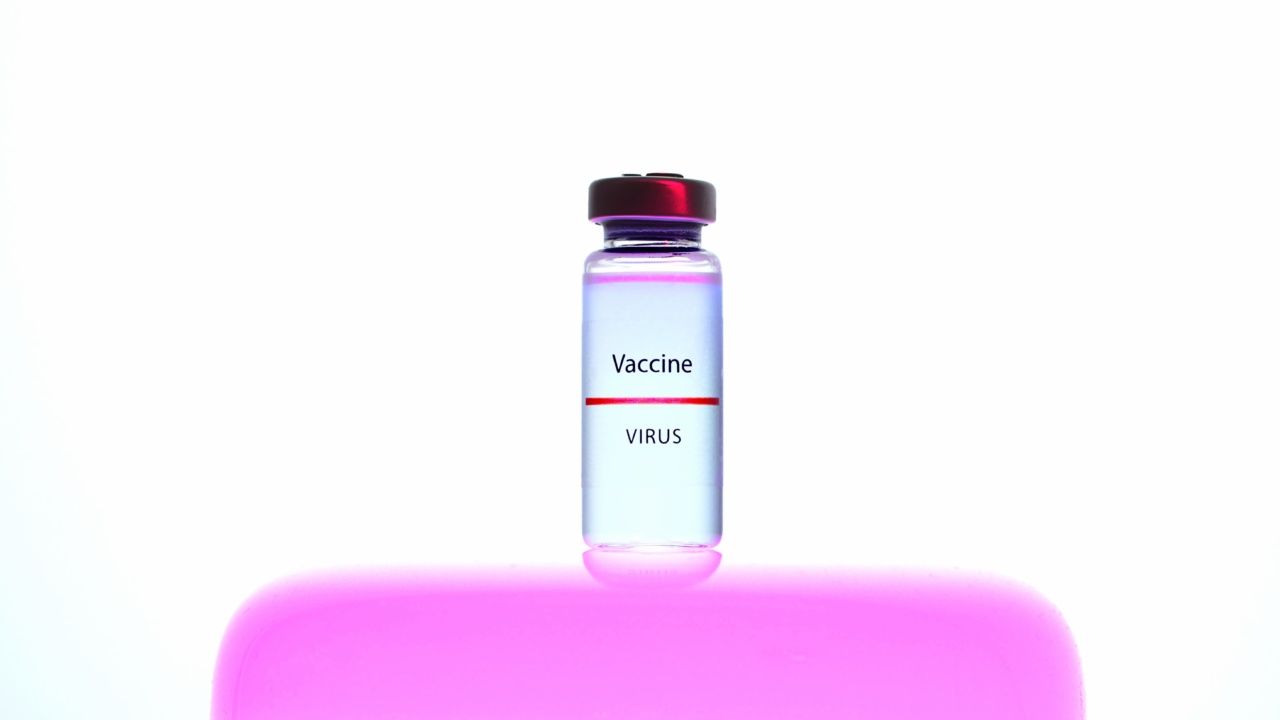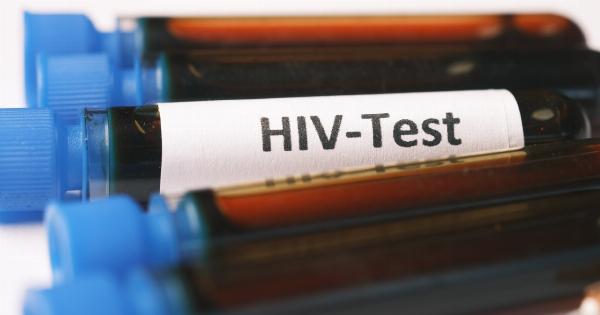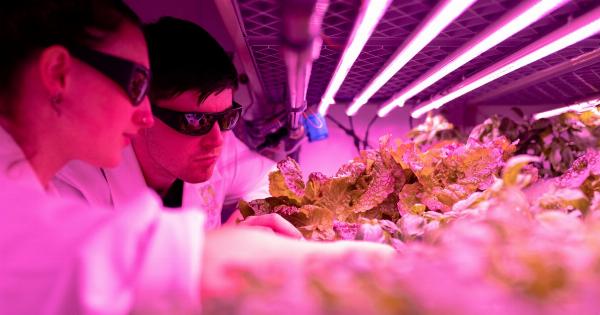A new study has shown that a recently discovered antibody has the potential to be used for improved treatment for HIV. Researchers found that this antibody, named N6, was able to neutralize 98% of known HIV strains in laboratory tests.
The study, published in the journal Immunity, provides hope for the development of a new class of drugs that can lead to a more effective treatment for HIV patients.
Antibody Discovery
The antibody was discovered by researchers at the National Institute of Allergy and Infectious Diseases (NIAID) in the United States.
The researchers analyzed blood samples from HIV patients for the development of broadly neutralizing antibodies (bNAbs), which can fight a wide range of HIV strains. They found that the N6 antibody was particularly effective at neutralizing the virus.
The N6 antibody targets a specific site on the HIV envelope protein, called the CD4 binding site. This site is used by the virus to infect human cells. By binding to this site, the antibody prevents the virus from entering human cells and replicating.
Laboratory Tests
Researchers tested the N6 antibody on a diverse panel of 181 HIV strains, and found that it was able to neutralize 98% of them. This is a significantly higher success rate than any other known bNAb.
The N6 antibody was also tested on humanized mice, which had been implanted with human immune cells and then infected with HIV. The researchers found that the antibody could suppress the virus and reduce the number of infected cells in the mice.
Implications for Treatment
The finding that the N6 antibody can neutralize a wide range of HIV strains suggests that it could be used in the development of a new class of drugs that can target the virus more effectively.
Current HIV treatments, such as antiretroviral therapy, work by targeting specific stages of the virus’s life cycle. However, the virus can become resistant to these treatments if it mutates, leading to the development of drug-resistant strains of HIV.
The discovery of the N6 antibody provides a new approach to HIV treatment, by attacking the virus in a different way.
The antibody is able to target a site on the virus that is conserved across a wide range of HIV strains, reducing the risk of drug resistance. The use of a combination of bNAbs, such as N6, could provide a more effective way to treat HIV, and could potentially lead to a cure.
Challenges
One of the challenges in using bNAbs as a treatment for HIV is that they are expensive to produce, and have a short half-life in the bloodstream.
This means that they would need to be administered frequently, which would be impractical for many patients.
Another challenge is that HIV is able to mutate quickly in response to pressure from the immune system or antiretroviral drugs.
This means that even if a bNAb is effective at neutralizing the virus, it may become ineffective over time as the virus mutates.
Conclusion
The discovery of the N6 antibody provides hope for the development of a new class of drugs that can be used to treat HIV more effectively. Further research is needed to determine the safety and efficacy of the antibody in human clinical trials.
However, the finding that the antibody is able to neutralize a wide range of HIV strains provides a promising avenue for the development of a cure for the virus.


























